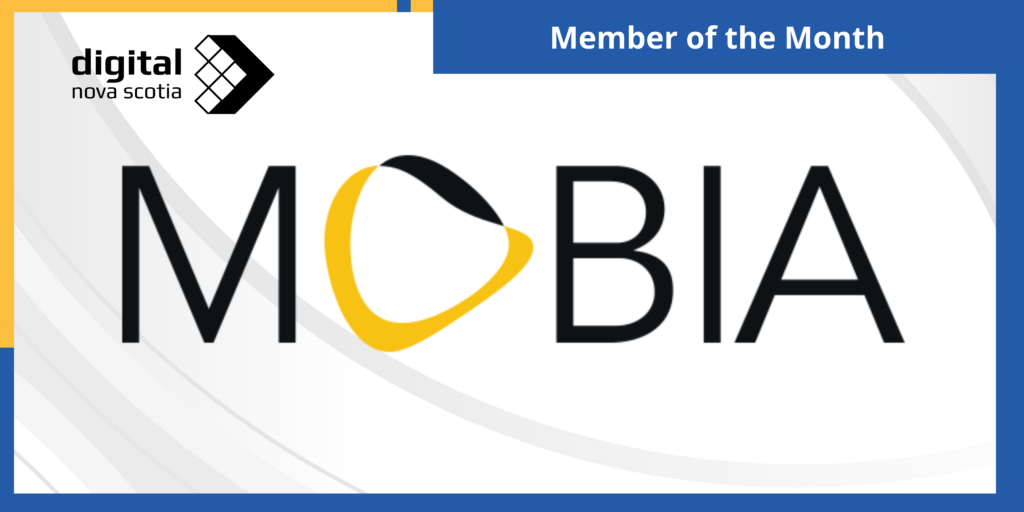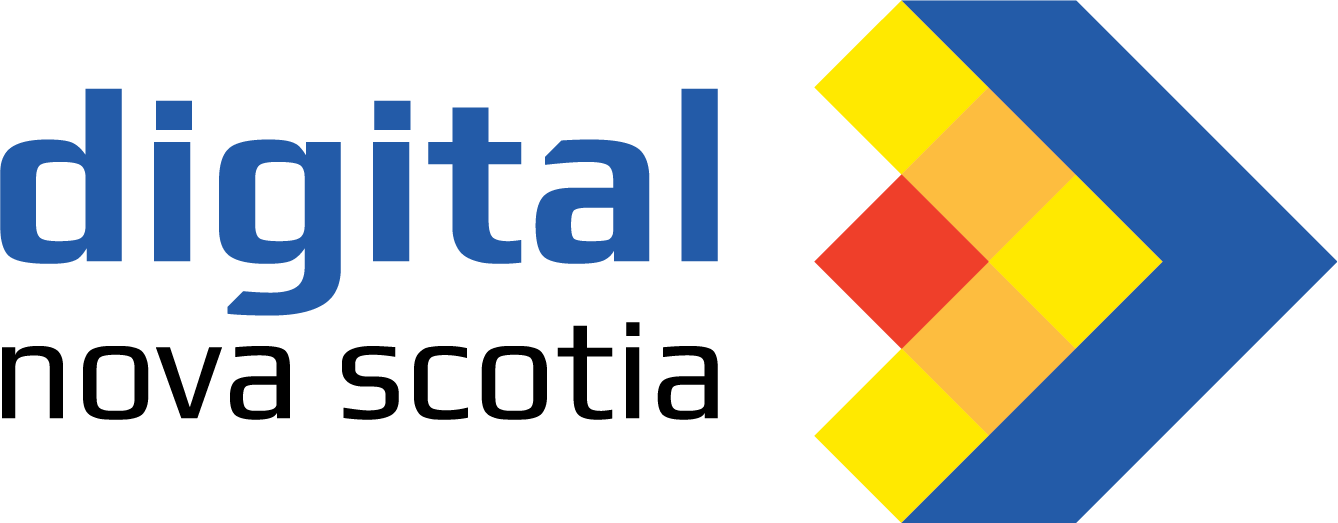
March 6, 2025
MOBIA Technology Innovations, based in Dartmouth, Nova Scotia; specializes in cybersecurity, infrastructure solutions and telecommunications. In this Q&A, Mike Reeves, President of MOBIA, shares insights to MOBIA’s role in the cybersecurity and software development industries.
DNS: How have consumer needs changed in 10 years in the cybersecurity industry?
Mike Reeves: Cybersecurity is constantly evolving, but we have seen some major shifts in threats, technology, and regulation in the past 3-5 years. Of course, this drives changes in our customers’ needs, too. One of the leading trends we are seeing is that with the rapid adoption of cloud services and IoT, our customers are looking to us for robust, scalable, and flexible security solutions. Across our portfolio of clients, we have seen a push for real-time threat detection, data privacy, and compliance with regulations.
DNS: How does MOBIA ensure that its solution stays ahead of technological advancements in the industry?
Mike Reeves: More than anything, I attribute our ability to stay on the cutting-edge — and to help our customers do the same — to our company culture. MOBIA started out as a telecommunications equipment provider in the mid-80’s, evolving with the rapidly changing telecom industry for two decades. In the early 2000’s, we expanded into the broader IT space and recently we have spun off a new company that is creating innovative SaaS solutions to tackle some of the biggest challenges in our public healthcare system. Our own evolution has given us a unique perspective on what our customers are working through and how we can foster a culture internally that enables us to give them the most value. We have built that culture around a focus on continuous innovation and deep collaboration with our network of partners. We invest in new technologies and work with thought leaders to integrate the latest advancements into our solutions. Agility and a people-first approach are at the core of our organizational structure, and that allows us to pivot quickly, learn new technologies, and deliver innovative solutions that translate into wins for our customers.
DNS: How does MOBIA collaborate with clients to implement customizable 5G networks?
Mike Reeves: Our roots in telecom engineering have kept us at the forefront of some of the biggest network transformations for Canada’s Communication Service Providers. We have been able to translate that experience in designing, building, and operationalizing cellular networks into building corporate IT networks that make it possible for people to communicate and collaborate securely and with agility. Each of these networks is customized to the client’s specific needs through close collaboration with them and with our technology partners. Our goal with every project is to deliver a secure, high-performance 5G network that supports the client’s business objectives, and we work through every stage to get there: from network design to deployment to ongoing management.
DNS: What trends or challenges do you see emerging in the industry that might impact MOBIA’s offerings, and how is the company preparing for them?
Mike Reeves: Key trends impacting the industry include the rise of AI and machine learning, which are having a big effect on cybersecurity, IoT security, and the regulatory landscape. Our team is preparing for these challenges by investing in AI-driven security tools, enhancing our IoT security capabilities, and staying up to date on regulatory changes. We are constantly developing our automation capabilities, too. We see automation as a critical tool that can help clients streamline their operations in response to growing complexity. Most importantly, we are doubling down on our people-first approach. Understanding that people are the most important element of any technological transformation, we are building plans with strong communication and support internally and for our clients.
DNS: Can you discuss the Cloud Proof of Concept and why it was important for MOBIA to offer this?
Mike Reeves: The Cloud Proof of Concept (PoC) allows our clients to test and validate cloud solutions before they implement them on a larger scale. This approach helps identify potential issues early, ensuring a smoother transition to the cloud. By offering a PoC, we arm our clients with the tools and information they need to make informed decisions, optimize their cloud strategies, and maximize their return on investment.
DNS: Why is it important for MOBIA to offer traditional IT infrastructure?
Mike Reeves: The reality is, all organizations are on a continuum, relying on traditional IT infrastructure in some areas of the organization. To help them move from their traditional platforms to modern ones, whether that’s on-prem or in the cloud, we must be able to meet them where they are at first.
DNS: How has MOBIA’s 4 years on Canada’s Top Growing Companies list impacted the company?
Mike Reeves: This award reflects our people and the pride that we all have in being a part of MOBIA. Every member of the team plays a key role helping us achieve this recognition year after year and we all share in the sense of accomplishment it has brought with it. Being recognized as one of Canada’s Top Growing Companies highlights our sustained growth, innovation, and commitment to excellence. This boosts our reputation and credibility, attracting top talent and new business opportunities. Naturally, this has a compounding effect, driving even more success.
DNS: Where do you see the cybersecurity and software development industries going in the near future?
Mike Reeves: We expect to see greater integration of AI and machine learning in all facets of technology and people development. In cybersecurity, we expect to see a bigger shift toward automated threat detection and response, an increased focus on securing IoT devices, and the adoption of zero-trust security models. In software development, trends like DevSecOps and edge computing will continue to gain traction, allowing for faster and more secure development processes.
To learn more about MOBIA, click HERE.
